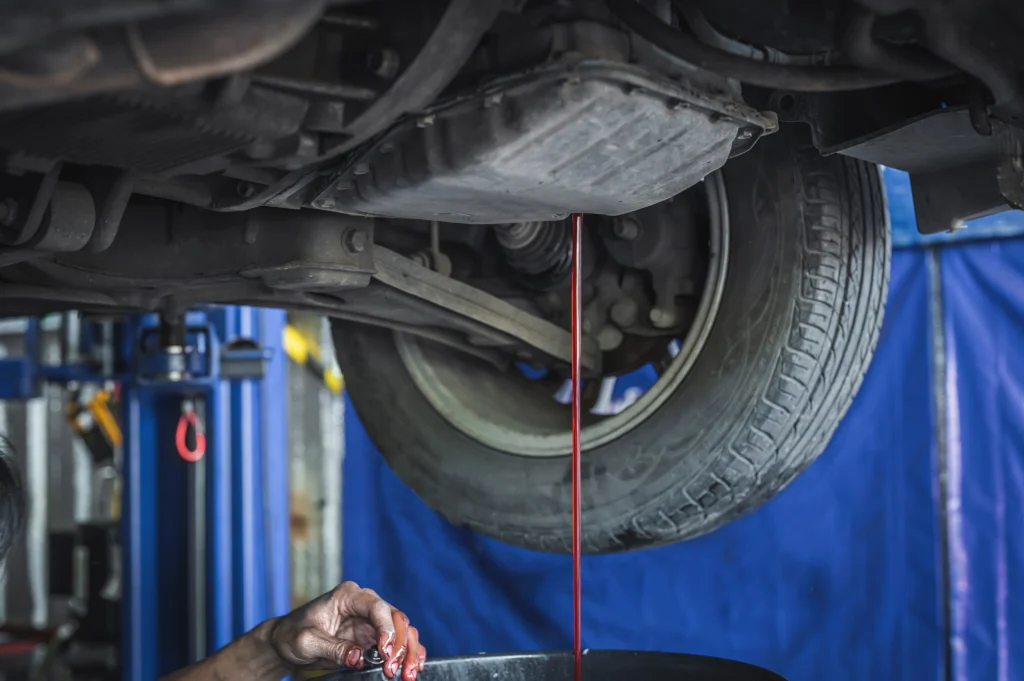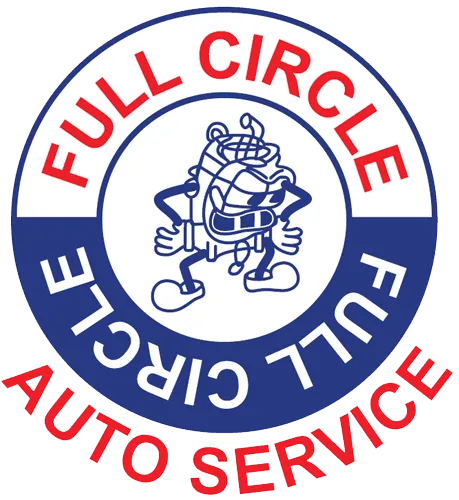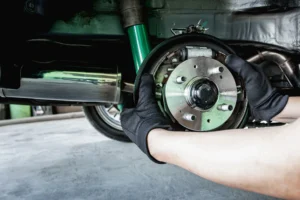
A failing transmission can turn a reliable car into an unpredictable headache. It’s the system responsible for shifting gears and ensuring power from the engine reaches the wheels smoothly. When transmission issues arise, they don’t just compromise performance, they can leave you stranded or facing costly repairs in Fairview Heights, IL. If you suspect your transmission is going bad, here’s what you need to do to address the problem before it gets worse.
Recognizing the Signs of Transmission Trouble
The first step in dealing with a failing transmission is recognizing the warning signs. If you notice your car hesitating when shifting gears, making odd noises, or emitting a burning smell, don’t ignore it. Many drivers mistake these symptoms for minor issues, only to face a complete transmission failure later. Slipping gears, where the car unexpectedly shifts or struggles to stay in gear, is a clear sign something is wrong. Another common indicator is rough or delayed shifting, making it harder to accelerate or maintain speed. Checking for fluid leaks is also crucial. Transmission fluid usually has a bright red hue and a mildly sweet scent. If you see dark or burnt-smelling fluid on your driveway, your transmission could be overheating or deteriorating from within. Even if the leak seems minor, a lack of fluid can lead to severe internal damage.
Check and Maintain Your Transmission Fluid
One of the simplest yet most effective ways to prevent transmission failure is by regularly checking your transmission fluid. Low or dirty fluid is a leading cause of transmission problems. To check the fluid, park your car on a level surface with the engine running, then pull out the transmission dipstick and inspect the fluid’s color and consistency. If it’s low, topping it off may provide temporary relief, but you should also investigate why the level dropped. Leaks, worn-out seals, or overheating could be contributing factors. If the fluid appears dark, cloudy, or has a burnt odor, it’s time for a fluid change. Fresh fluid keeps internal components lubricated and prevents excessive friction that can cause overheating. Manufacturers recommend changing transmission fluid at specific intervals, typically between 30,000 and 60,000 miles, but it’s best to consult your owner’s manual for guidance.
Know When to Stop Driving
If your transmission is experiencing severe symptoms—such as constant slipping, grinding noises, or a failure to engage gears—continuing to drive could cause irreparable damage. Transmission components rely on precision engineering, and even minor issues can escalate quickly. If your car refuses to shift properly or struggles to move, it’s safer to have it towed to a mechanic rather than risk making the problem worse.
Getting a Professional Diagnosis
Transmission repairs are complex and require a trained professional to diagnose them correctly. Mechanics around Fairview Heights, IL use specialized diagnostic tools to assess whether the issue is minor, such as a faulty solenoid, or something more serious like worn-out clutch packs or a failing torque converter. In some cases, a simple fluid change or sensor replacement can resolve the issue, while in others, a full rebuild or replacement may be necessary. Transmission repairs can be expensive, but ignoring the issue will only increase the cost over time. A minor problem left unchecked can lead to a complete system failure, requiring thousands of dollars in repairs.

Preventing Future Transmission Issues
Once your transmission is repaired or replaced, proper maintenance is essential to ensure longevity. Regular fluid checks and changes, along with routine inspections, will help catch potential issues early. Avoid aggressive driving habits like rapid acceleration and sudden braking, as they put unnecessary strain on the transmission. Allowing your car to warm up before driving, especially in colder temperatures, helps the transmission fluid reach optimal performance levels.
If you live in Fairview Heights, IL and are looking for a nearby auto repair company who can help fix your cars faulty transmission, call Full Circle Auto Service today!



